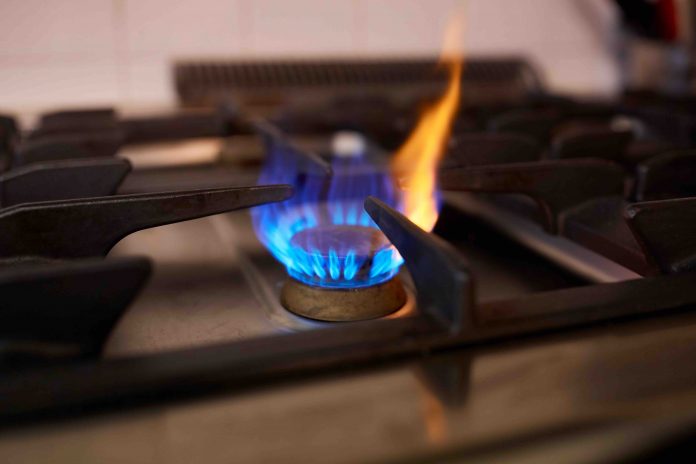Despite the known health risks of cooking with gas, doctors are often unaware of the risks, according to an article published in the Australian Journal of General Practice.
Gas cooking is estimated to cause 12% of childhood asthma in Australia and is exacerbating other major health conditions.
In the article, co-authors Dr Ben Ewald, Dr George Crisp and Dr Marion Carey, members of the health advocacy group Doctors for the Environment Australia, aim to alert and educate general practitioners about the risks of indoor gas exposure, especially on vulnerable patients.
“Part of best practice asthma care is to ask patients about indoor air quality, including gas use,” says Dr Ewald, a GP based in Newcastle, NSW.
“For a child with asthma who lives in a home with a gas cooker, 30% of their risk of asthma is from the stove.
“In my practice, I see children with asthma whose parents would never let them be exposed to cigarette smoke, but they have not given their gas stove a second thought.”
Gas stoves produce Nitrogen dioxide (NO2) – a potent respiratory irritant, which can cause asthma attacks, as well as allergies.
Gas space heaters are also a health problem as they have the additional risk of carbon monoxide poisoning if they are not operating properly.
Dr Ewald said: “In Australia, 65% of houses use gas for cooking or heating, and while this was once seen as clean and cheap, we now understand that gas products can harm our health and the health of our families”.
There are alternatives to the use of gas in home appliances and some practical measures that can reduce exposure where appliances cannot yet be removed, including:
- Improve ventilation by opening windows or doors and turning on a rangehood every time the stove is used.
- Replace gas stoves with electric stoves – where financially possible.
- Beware of the dangers of negative pressure when using exhaust fans and open-flued gas heaters without adequate ventilation.
- Where possible remove unflued gas heaters.
- Make sure flued gas heaters are serviced regularly.
- Install and maintain carbon monoxide alarms.
Dr Ewald said that GPs are the first point of contact for most people when managing their health.
“GPs play an important role in their patient’s health and wellbeing, so making sure they fully understand the health risks of having gas in the home is vital to keeping our communities safe and healthy,” Dr Ewald said.
Text by: Doctors for the Environment Australia.










